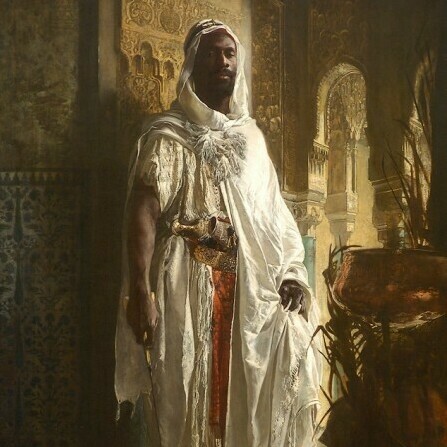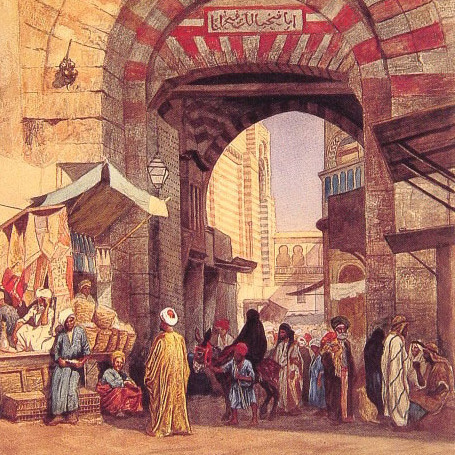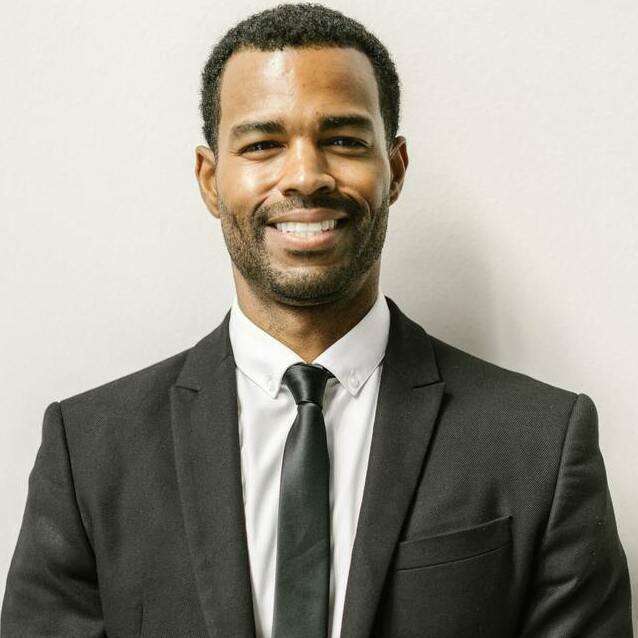THE DIFFERENCE BETWEEN
ASPIRATIONAL AFRICENTRIC EDUCATION
and “ANTI-RACISM”

Every year in North American schools, students of European descent receive a major confidence-booster. They see image after image of ancient, medieval, and modern greatness reflecting their own faces. As they enter the adult world, those images assure them that higher education, business, media, government, and society in general will welcome them, reward their contributions, and celebrate their innovations.
And that's good. Young people deserve a school environment that psychologically and socially energizes them for success.
All young people do.
Unfortunately, as the Nova Scotia study BLAC Report on Education: Redressing Inequity – Empowering Black Learners says, “African-Canadian culture is often relegated to an inferior status by schools… [which causes] low self-esteem…. Ignorance and disrespect for African-Canadian history and culture breed low expectations and unhealthy educator assessments of African Nova Scotian students, personalities, and potential.”
Facing such circumstances, many people propose “anti-racism” as a solution. However, as some consultants and human resources departments practice it, and as many training participants report experiencing it, "anti-racism" may not be helping, and in some cases may itself be a problem.
To be completely clear, some people who use the turn "anti-racism" are clearly adding value—for instance, Ibram X. Kendi and George Sefa Dei continue to create insightful, conceptually useful research and writing. But what about the theories and practices that don't match the high quality of Kendi's and Dei's work?
DOES "ANTI-RACISM" ACTUALLY CREATE HARMONIOUS MERITOCRACY?
For centuries in North America, racism has provided a measurable economic and political benefit to European-descent professionals and workers by hamstringing African and Indigenous competition. Sean Gonsalves cites a University of California at Berkeley study revealing that between 1929 and 1969 alone, “Jim Crow” American apartheid cost African-Americans $1.6trillion in collective wealth. In Canada, First Nations farmers were so good at agriculture that the Canadian government deployed the 1889 Indian Act (among other destructive manoeuvers) to stop them from mechanizing so that settlers could “outperform” them in a devastatingly rigged competition.
Currently, the overwhelming majority of consultants and H.R. staff making money, building companies, publishing books, and releasing video tutorials in the name of "anti-racism" are of European descent—as are the executives who hire them. Put another way, the same demographic that profited from racism is now profitting from "anti-racism."
Regardless of who owns and profits from “anti-racism,” if it works, at least the end justifies the means, right?
While much of today’s profitable corporate and scholastic “anti-racism” promises an harmonious rainbow meritocracy, CBC's acclaimed science program Quirks & Quarks reports that “within days of a training session, bias is often back at its original level” (check “Study after study has shown that corporate anti-bias training doesn’t work,” and Harvard Business Review’s “Why Diversity Programs Fail”).
There’s also the troubling reality of who occupies key “anti-racist” leadership roles, such as the policeman leading an NYPD workplace anti-discrimination office while posting “abhorrent” and “utterly disgusting” racist messages to an online police forum, and the policeman who arrested world-famous Harvard professor, media personality, and author Henry Louis Gates (who is African-American) for entering his own house. That officer is a “police academy expert on cultural diversity.”
As Harvard sociologist Frank Dobbin explains, many European-descent managers resent “anti-racism” training or its implication they’ve racially discriminated against anyone, which leads to “even less diversity in managerial positions.” (Also, some “anti-racist” training attempts to change behaviour and even thought through scolding. Yet it should be completely obvious that warning people what not to think, say, or do tends to breed resentment and resistance.)
WHOM DO YOU HIRE, RETAIN, EMPOWER, RECOGNIZE, AND PROMOTE?
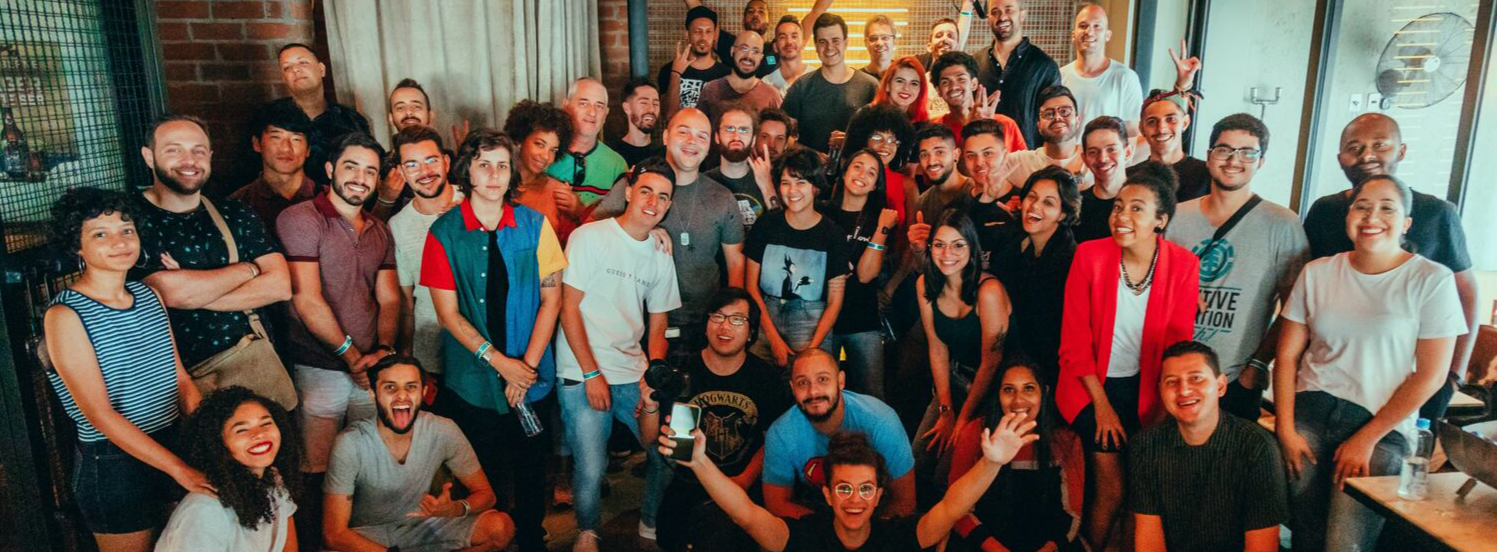
Dobbins says the solution to a racist workplace is active, multiracial recruitment to create a multiracial workplace, because research shows that “if you put [Africans] and [Europeans] together, working side by side, racial animosity goes away very rapidly, and in a very dramatic way.”
Even if Dobbins is correct, employers with conscious or unconscious racist views either won’t do such recruitment, or if they do, will simply bring racialized people into workplaces to be the last hired and first fired, receive no recognition for great work, be overlooked for promotions, and experience isolation and bullying. Those employees can either keep their jobs and get sick in a toxic atmosphere, or leave and lose their livelihood.
For Dobbin’s recruitment plan to work, employers (and teachers, professors, landlords, police, judges, union leaders, bankers, investors, TV producers, publishers, voters, and everyone else with the power to shape lives) first have to want to guarantee equality of opportunity. If you actually believe that “those people” are deficient, why would you hire, promote, or encourage them in the first place? Why would you publicize their work or feature them as experts? Why would you join them in business ventures? Why would you vote them into your school or corporate board, your union, or your government?
You can’t regard certain races of people as automatically inferior and still create equality of opportunity. And if you push “colour-blind” platitudes that confuse everyone "being equal" with "no one achieves excellence," you can't lead innovation or create success.
Instead, you need to be able to see how people manifest genuine excellence, without for a moment thinking that their race could somehow prevent that excellence. That’s not "colour-blindness" any more than pretending you don’t know that your boss is a woman is “gender-blindness.” Why should you connect an extremely obvious feature of someone’s identity with a belief is her inferiority or superiority? Simply assess credentials and job performance itself, as when modern orchestras audition musicians behind screens so gender and race can’t be factors.
However, some aspects of racial identity are harder to mask—not that one should ever need to do so. Unconscious racists still discriminate against resumes with typically African names. Certain real estate covenants prevent racialized people from buying homes in certain neighbourhoods. An African-American homeowner saw her appraisal rise 40 percent after de-Africanizing her decorations; another more than doubled her appraisal after she de-Africanized it.
HOW A GOOGLE DATA SCIENTIST PROVED WHAT HURTS... AND WHAT HELPS
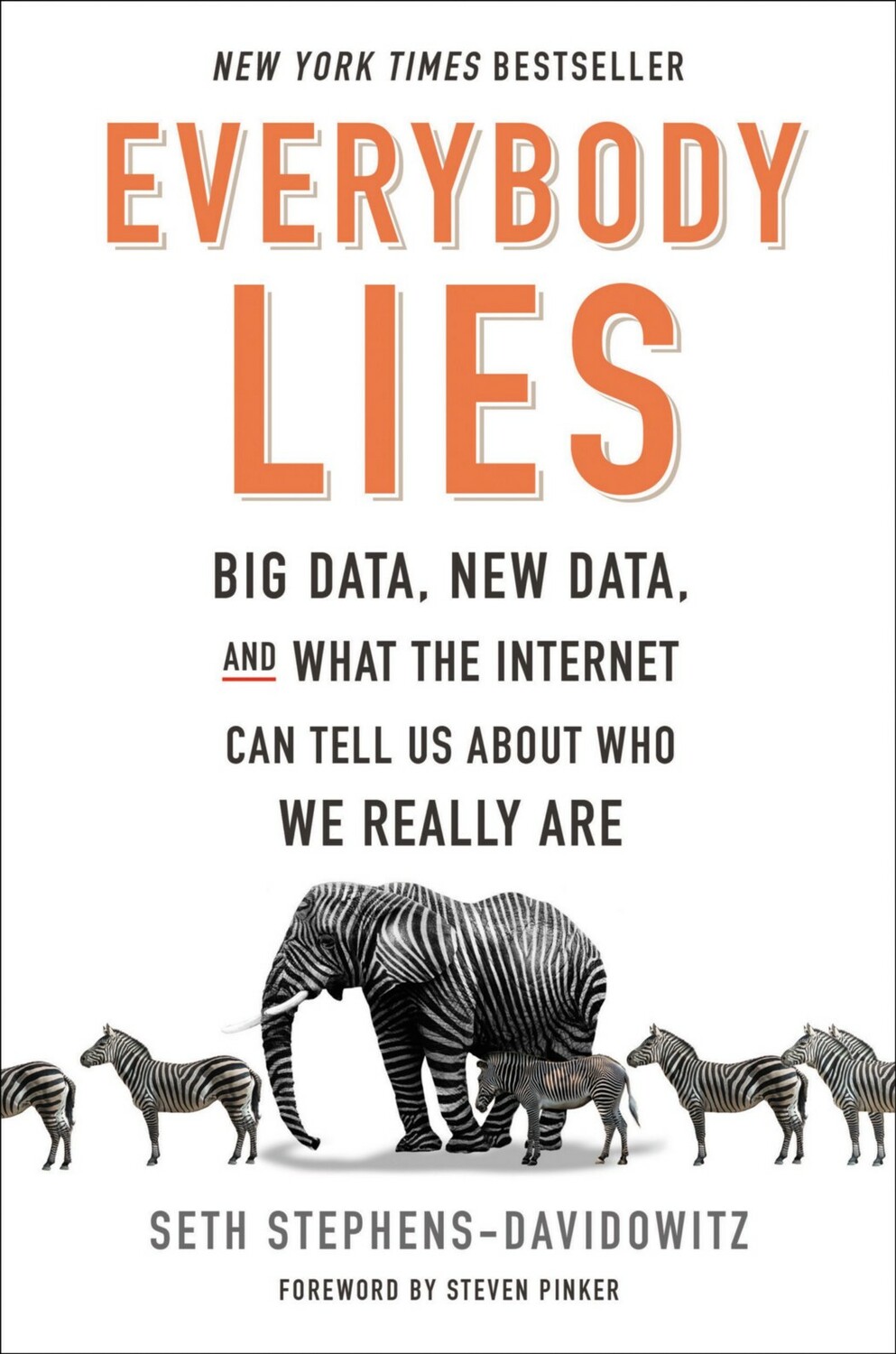
In Everybody Lies: What the Internet Can Tell Us About Who We Really Are, author and former Google data scientist Seth Stephens-Davidowitz discusses a 2015 case during which then-US president Barack Obama spoke on national television to denounce “dangerous Islamophobia” and “reject discrimination” (meaning he was employing “anti-racism”).
Americans reacted by immediately doubling the number of “hate-searches” that called Muslims “terrorists”, “bad”, “violent”, and “evil.”
Pouring even more poison into the well, US hate-searches about Syrian refugees surged by 60 percent while “help-searches” plunged by 35 percent. While nearly every pro-Muslim search plummeted, nearly every anti-Muslim search skyrocketted. Searches for the keywords “Kill Muslims” tripled.
Stephens-Davidowitz also notes that in a typical year in the US, hate searches for “n-----” jokes are 17 times for common than searches for jokes with the most common slurs against Jewish, East Asian, Latinx, and queer people combined. They also increase whenever corporate news focuses on African-Americans (including when they are tremendously suffering, as after 2005’s cataclysmic Hurricane Katrina).
Perhaps the most surprising aspect of Stephens-Davidowitz’s analysis of anti-racism's failure is that anyone is surprised at all. Many people are familiar with how hearing the iconic phrase “Don’t think about pink elephants” causes listeners to imagine pink elephants (which they would not have done otherwise), an effect that social psychologist Daniel Wegner explained in his Ironic Process Theory (IPT).
Describing Wegner's IPT experiments for the Ameircan Psychological Association website, Amy Winerman notes that Wegner asked subjects to describe their stream of consciousness aloud for five minutes while trying to avoid thoughts about polar bears—which on average they did more than once per minute. Then, after Wegner asked subjects to think of a non-polar white bear, "participants thought of a white bear even more often than a different group of participants, who had been told from the beginning to think of white bears. The results suggested that suppressing the thought for the first five minutes caused it to 'rebound' even more prominently into the participants’ minds later."
If the above suggestion is correct, then anti-racist scolding about racist thoughts and words, followed by encountering racist speech or imagery (in person or online even accidentally), primes people to think racist thoughts more frequently than if they had never received anti-racist scolding in the first place.
So, how can we successfully reduce racist thoughts and words, which are the origin of racist actions?
Returning to Obama's speech, Stephens-Davidovitz notes that when Obama said, that Muslim Americans are “our friends… neighbours… co-workers… sports heroes … our men and women in uniform … willing to die in defence of our country,” Stephens-Davidowitz notes that, “for the first time in more than a year, the top Googled noun after ‘Muslim’ was not ‘terrorists’, ‘extremists’, or ‘refugees’. It was ‘athletes’, followed by ‘soldiers’.”
During a subsequent event, Obama mostly discussed how many African-Americans had West African Muslim ancestry, that US icons such as Thomas Jefferson owned copies of the Holy Qur’an, and that Muslim-Americans ranged from top architects to friendly neighbourhood firefighters. “Many of the hateful, rageful searches against Muslims,” says Stephens-Davidowitz, “dropped in the hours afterwards.”
That’s why African-Canadian students (and teachers) deserve an Africentric education. Whereas “anti-racism” simply teaches people what not to do, say, or think, Africentric education analyzes brilliance from 5000 years of African civilizations, geniuses, and peak-performers in every field so that students of all backgrounds receive far richer case-studies and data-sets for how to achieve excellence and who is already doing so.
UNLOCK LIFELONG POTENTIAL WITH AFRICENTRIC EDUCATION


